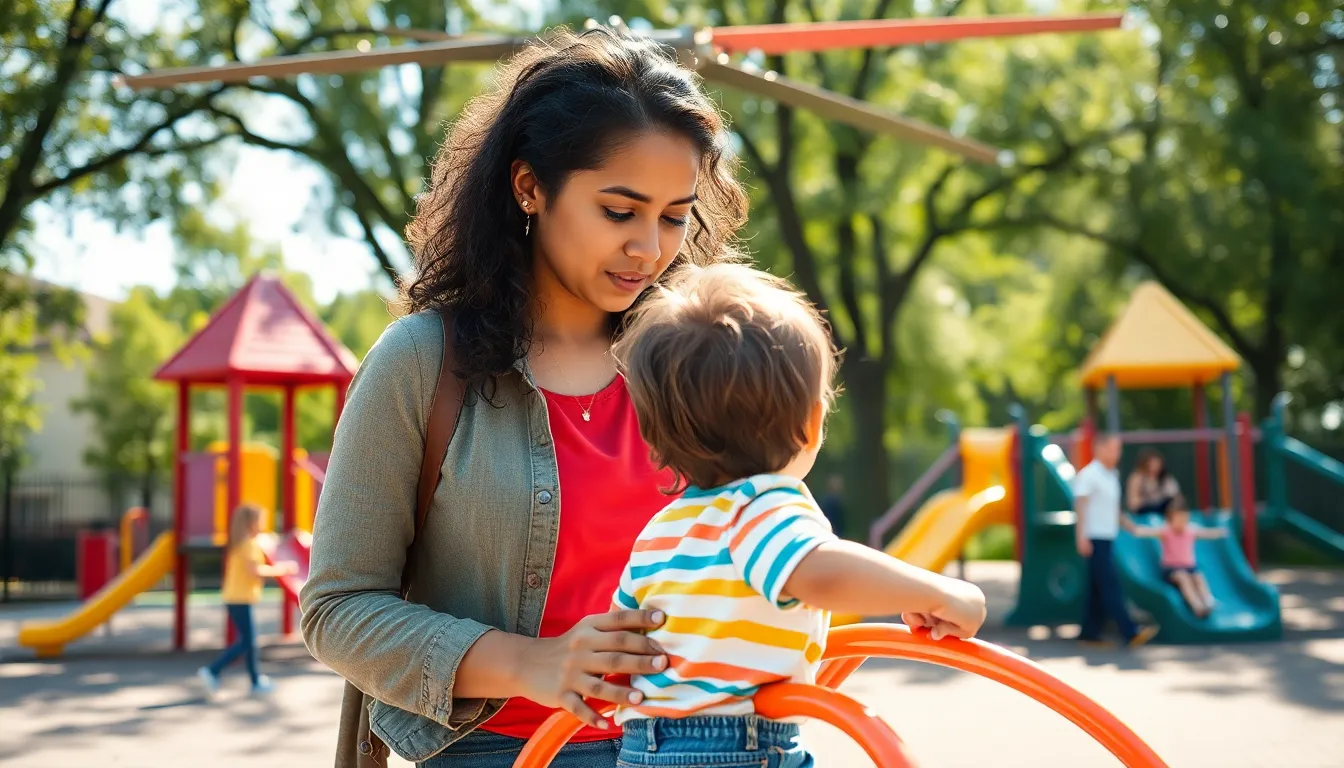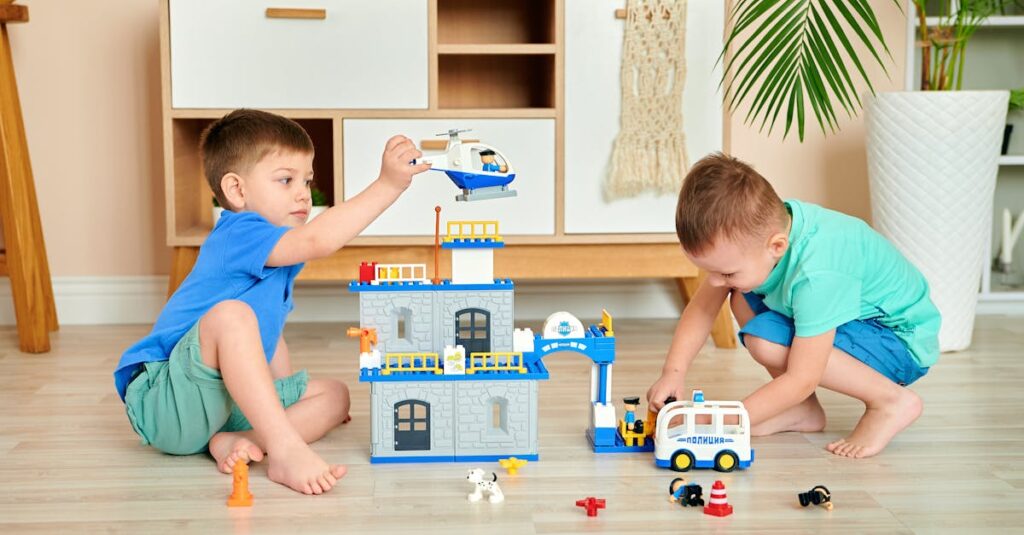Ever felt like your childhood was more about navigating your parent’s watchful gaze than experiencing life itself? Welcome to the world of helicopter parenting. In a time when every scraped knee warrants a rescue helicopter, let’s jump into what this parenting style really is, the red flags to watch for, and how it impacts children’s futures, all while keeping it amusing, insightful, and perhaps a little eye-opening. Buckle up, because the ride won’t be smooth.
What Is Helicopter Parenting?

Helicopter parenting is a term that describes a style of child-rearing where parents are overly involved in their children’s lives. Imagine a helicopter hovering over a playground, constantly swooping in at the first sign of trouble or conflict. Parents take on an incredibly active role, sometimes to the point where their children’s independence is stifled. This approach often stems from a desire to protect kids from failure or harm, but it can lead to a host of unintended consequences.
Overprotectiveness in Childhood
Overprotective parents often envision a world filled with dangers lurking around every corner. They might establish strict schedules or rules, clinging to their child’s side during playdates or even at school. For example, consider a parent who refuses to let her child go to a friend’s house unless she speaks directly with the other parent first, check their snack choices, or even vet the toys. This might seem diligent, but it can convey a lack of trust in the child’s ability to navigate social situations.
Also, children raised in these environments might struggle with anxiety and fear of independence as they grow older. They’re denied the chance to learn critical life lessons through experience, something as simple as falling off a monkey bar can teach resilience.
Academic Control and Intervention
Academically, helicopter parents can go into overdrive. They might call a teacher to discuss a grade they deem unfair or insist on attending every parent-teacher meeting. This creates a situation where children might feel enormous pressure to meet their parents’ high expectations, often at the expense of their own interests.
Take Sarah, a diligent student whose mother insists she only take Advanced Placement classes. While her grades may shine, her passion for art remains stifled because she fears disappointing her mother. This kind of intervention often overlooks what truly engages the child, resulting in a disconnect between parental aspirations and a child’s genuine interests.
Social Interaction Limitations
Social interactions might seem harmless, but they can be marred by over-involvement. Picture this: a parent who consistently intervenes during their child’s play with friends. Their interactions resemble a chess match, where the child is often the pawn, and the parent is strategizing every move.
Children who are not allowed to navigate disputes themselves may struggle to form relationships later on. For instance, a child who rarely has to resolve conflicts independently may find themselves at a loss in high school or college when friendships become complicated.
Career and Future Planning
As children transition into young adulthood, some helicopter parents don’t let up. They might dictate career choices, significantly influence college applications, or even try to negotiate salaries on their child’s behalf. This level of interference can backfire tremendously.
Consider a college graduate, let’s call him Alex, whose parents pushed him toward law school, even though his passion for theater. As he stumbles through interviews in a career he doesn’t want, that protective bubble feels more like a heavy blanket. When parents stick too close, they might inadvertently set their children up for lives lacking agency and fulfillment.
Long-Term Effects of Helicopter Parenting
The long-term impacts of helicopter parenting can be profound. Research suggests that children raised this way may struggle with self-esteem, decision-making, and stress. When faced with challenges, they often look back to their parents for advice instead of trusting their instincts.
Also, these children might suffer from anxiety, unable to cope with everyday obstacles because they’ve rarely had to tackle them independently. Instead of individuals who can weather life’s storms, they may emerge as adults consistently seeking reassurance.
Strategies for Balanced Parenting
So, how can parents find that elusive balance? First, it’s essential to step back and assess how involved they truly need to be in their child’s life. Encouraging independence starts with allowing children to face manageable challenges. For instance, let them decide who they’ll play with or what activities they want to pursue.
Offering guidance is crucial, but it’s equally vital to let children make mistakes. These blunders become invaluable teaching moments. Parents can also communicate openly with their kids, establishing a supportive environment that promotes healthy discussion rather than strict control.













